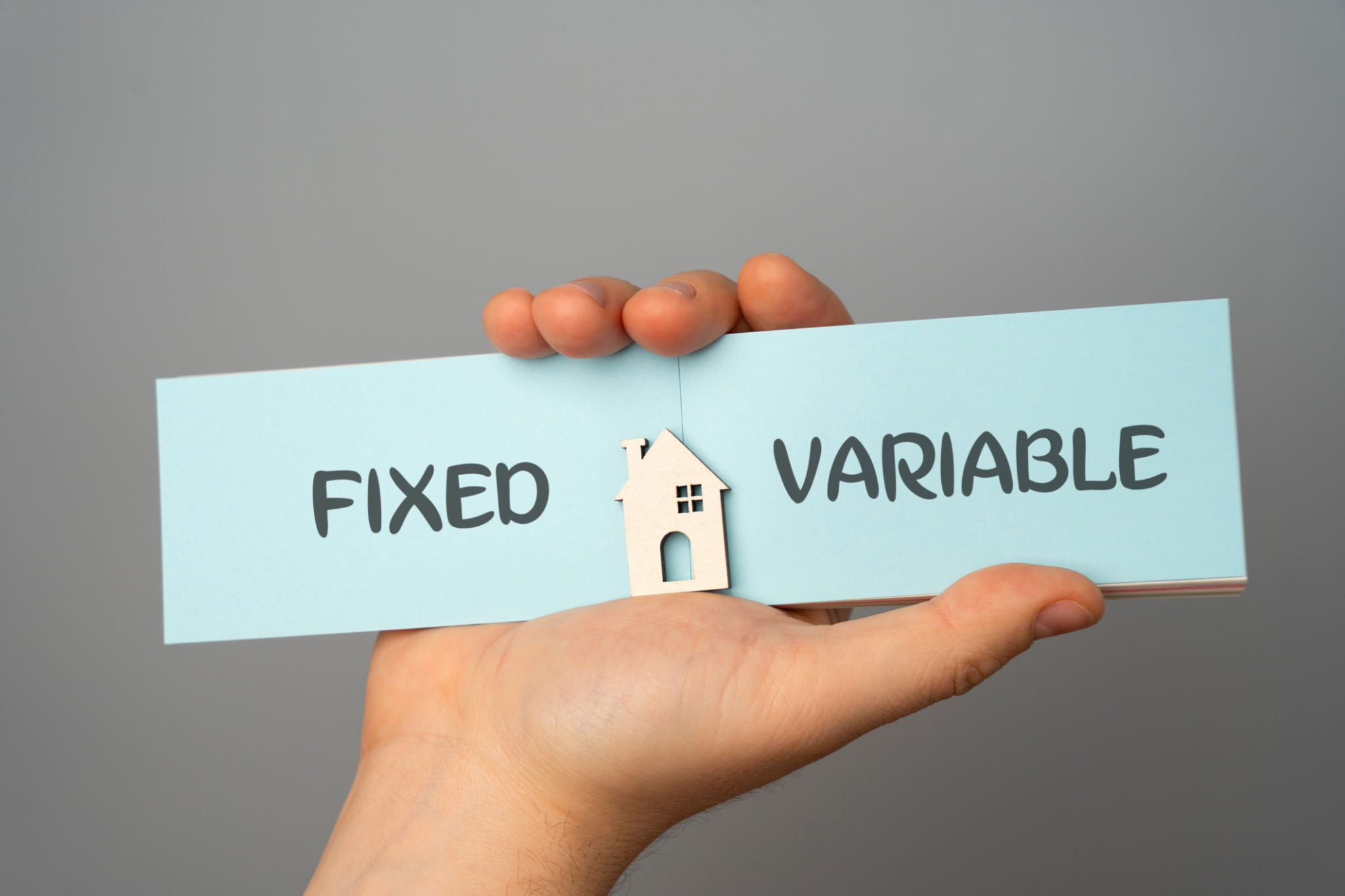Comparing Fixed vs. Variable Rate Mortgages: What Ontario Homebuyers Need to Know
Understanding Fixed Rate Mortgages
When it comes to financing a home in Ontario, one of the most significant decisions you’ll face is choosing between a fixed rate and a variable rate mortgage. A fixed rate mortgage offers stability and predictability, with a constant interest rate over the term of the loan. This means your monthly payments remain the same, making it easier to budget and plan for the future. Fixed rate mortgages are particularly appealing in times of low interest rates, as you can lock in a competitive rate for several years.
However, the stability of a fixed rate mortgage often comes at a price. These mortgages typically have higher interest rates compared to variable rate options. Additionally, if interest rates drop during your mortgage term, you won't benefit from the reduced rates unless you refinance, which can incur additional costs.

Exploring Variable Rate Mortgages
In contrast, variable rate mortgages offer a different approach. The interest rate on these mortgages fluctuates based on changes in the prime lending rate set by financial institutions. As a result, your monthly payments may vary, posing a risk if you're not prepared for potential increases in interest rates. However, variable rate mortgages often start with lower interest rates compared to fixed rate options, making them attractive for those seeking immediate cost savings.
One advantage of variable rate mortgages is their potential for savings. If interest rates decrease, you'll pay less in interest, reducing your overall mortgage cost. It's essential to consider your financial situation and risk tolerance when deciding if this option is right for you.

Factors to Consider When Choosing
When deciding between fixed and variable rate mortgages, several factors should be considered:
- Current Interest Rates: Compare the current fixed and variable rates to assess potential savings.
- Economic Outlook: Consider economic forecasts and potential changes in interest rates.
- Financial Stability: Evaluate your ability to manage fluctuating payments with a variable rate mortgage.
- Personal Preference: Decide if you value stability or are comfortable with potential changes in payments.
The Impact of Interest Rate Changes
Interest rate fluctuations can significantly impact your mortgage payments and overall affordability. For fixed rate mortgages, the impact is minimal since your rate remains constant. However, with variable rate mortgages, even small changes in interest rates can lead to noticeable differences in your monthly payments. Understanding how interest rates are influenced by economic conditions can help you make an informed decision.

Breaking Down Costs and Savings
When comparing fixed and variable rate mortgages, it's crucial to consider both upfront costs and long-term savings. Fixed rate mortgages may come with higher initial costs due to higher interest rates but offer predictability over time. Conversely, variable rate mortgages might save you money initially but require careful monitoring of market conditions to maximize savings.
A detailed comparison of potential costs and savings over the life of the mortgage can provide clarity. Consider using online mortgage calculators or consulting with a financial advisor to explore different scenarios based on anticipated changes in interest rates.
Conclusion: Making the Right Choice
The decision between fixed and variable rate mortgages ultimately depends on individual circumstances and preferences. For those who prioritize stability and predictability, a fixed rate mortgage may be ideal. On the other hand, if you're comfortable with some risk and wish to capitalize on potential savings, a variable rate mortgage could be more suitable.
Ultimately, understanding the nuances of each type of mortgage and how they align with your financial goals is key. By evaluating your financial situation, risk tolerance, and market conditions, Ontario homebuyers can make an informed choice that best suits their needs.
